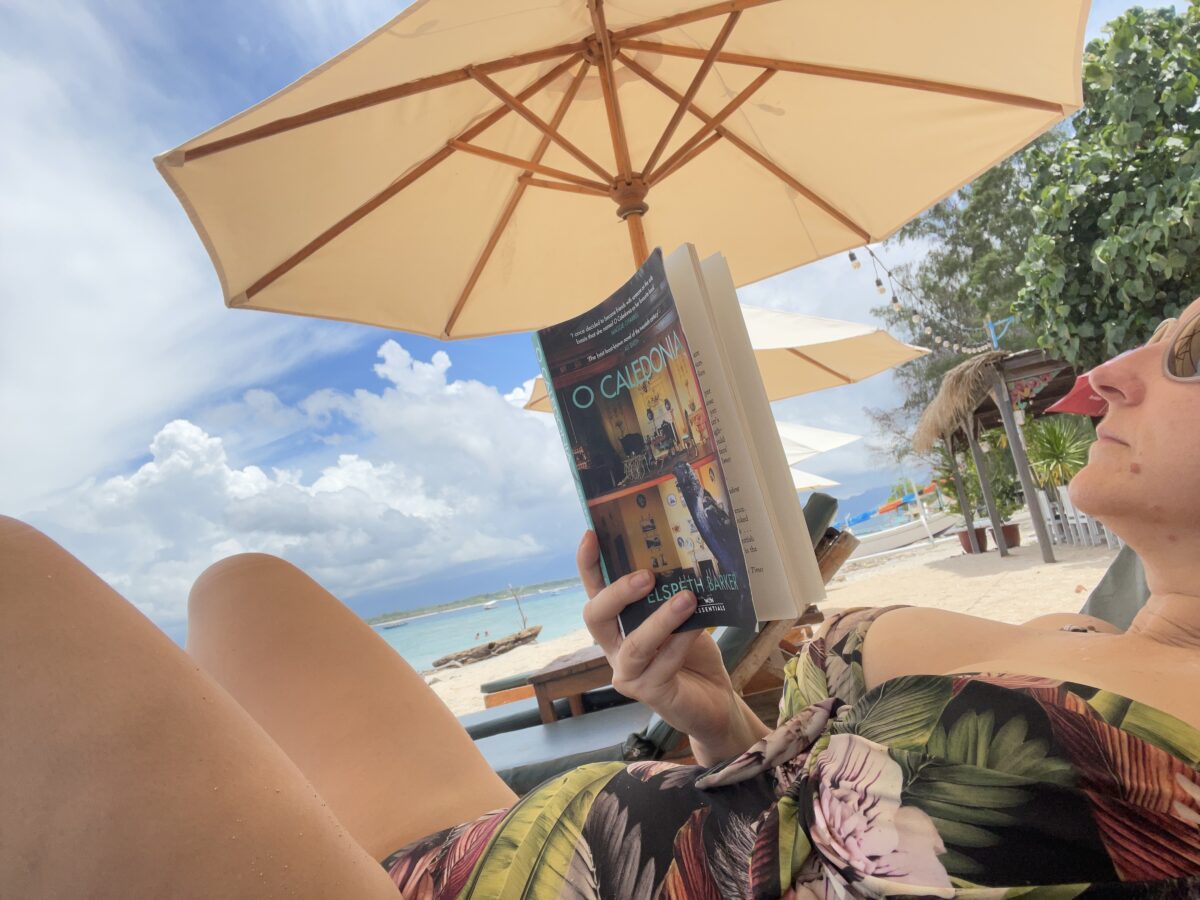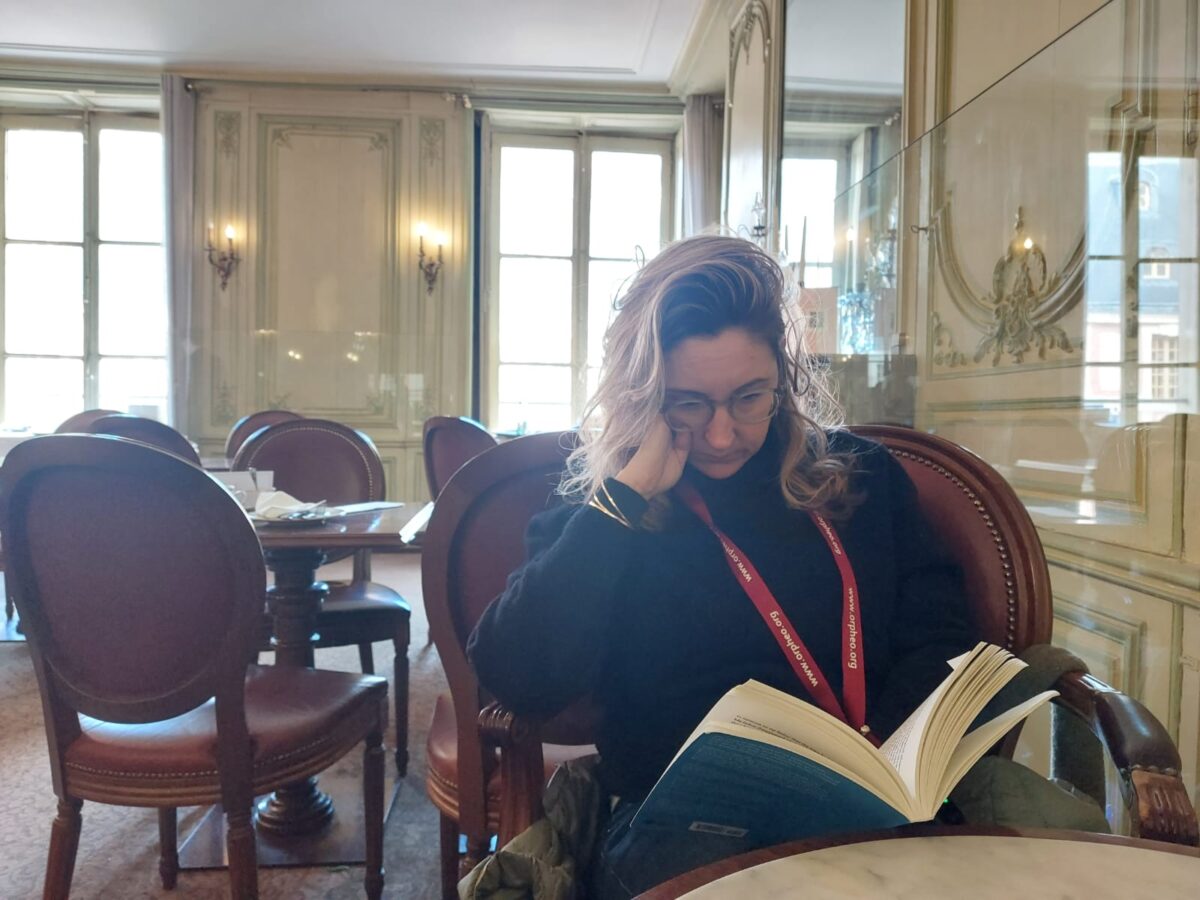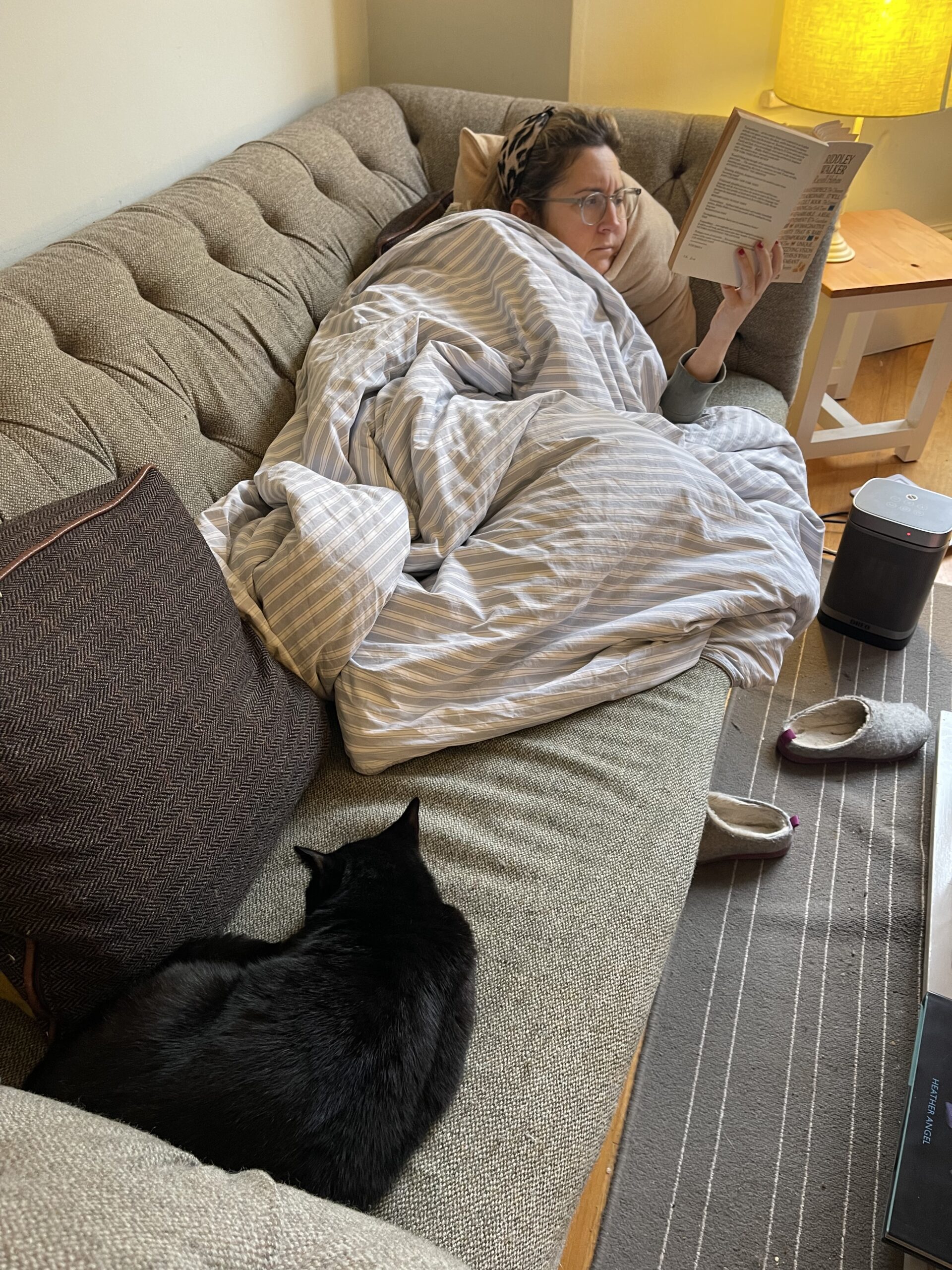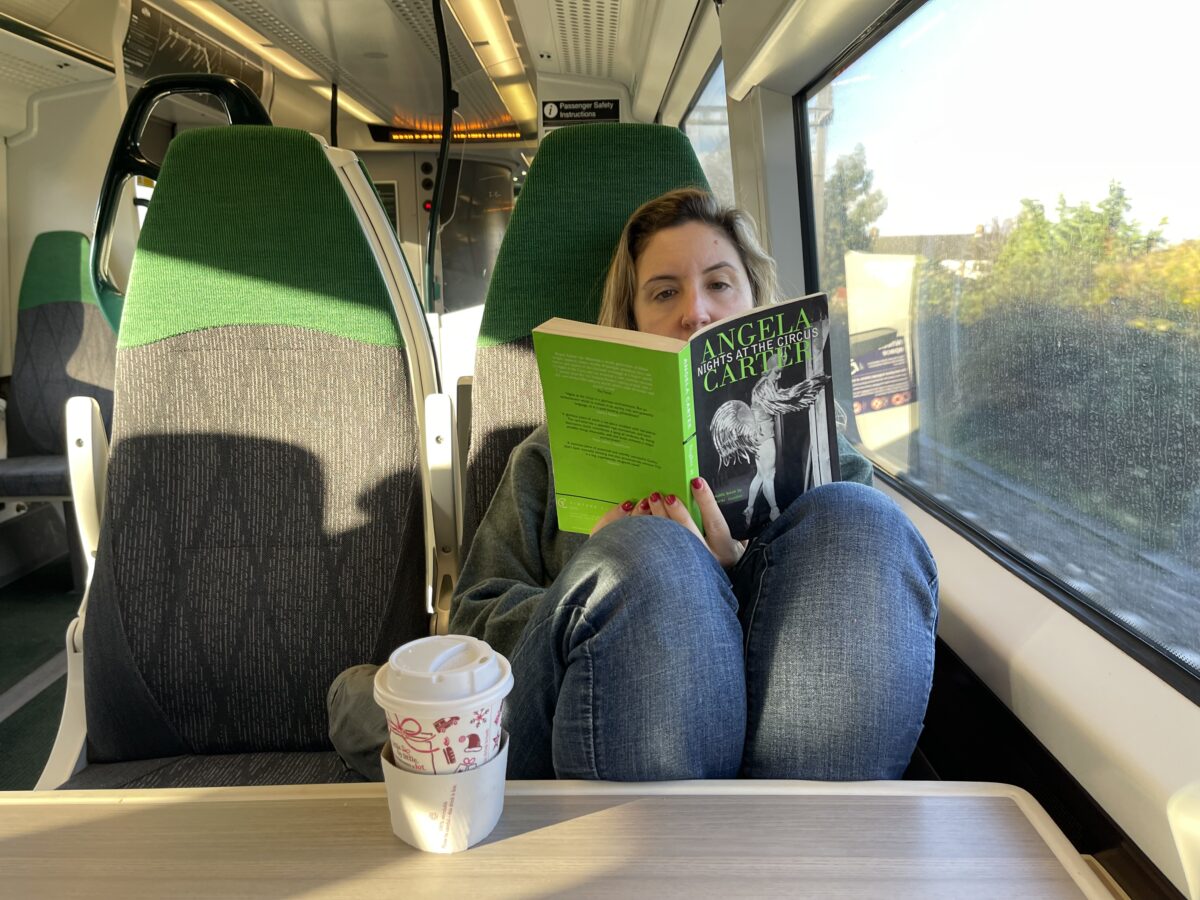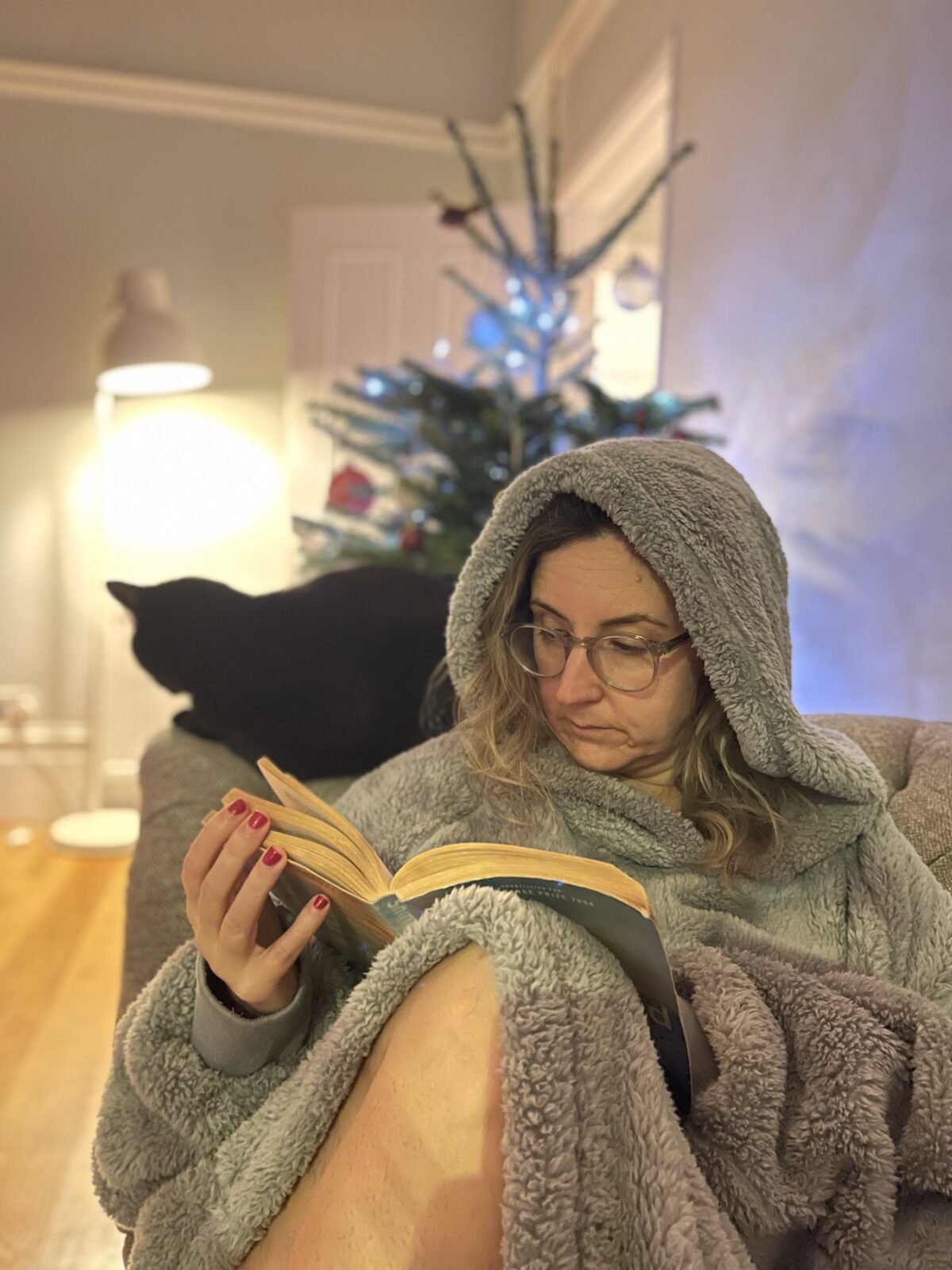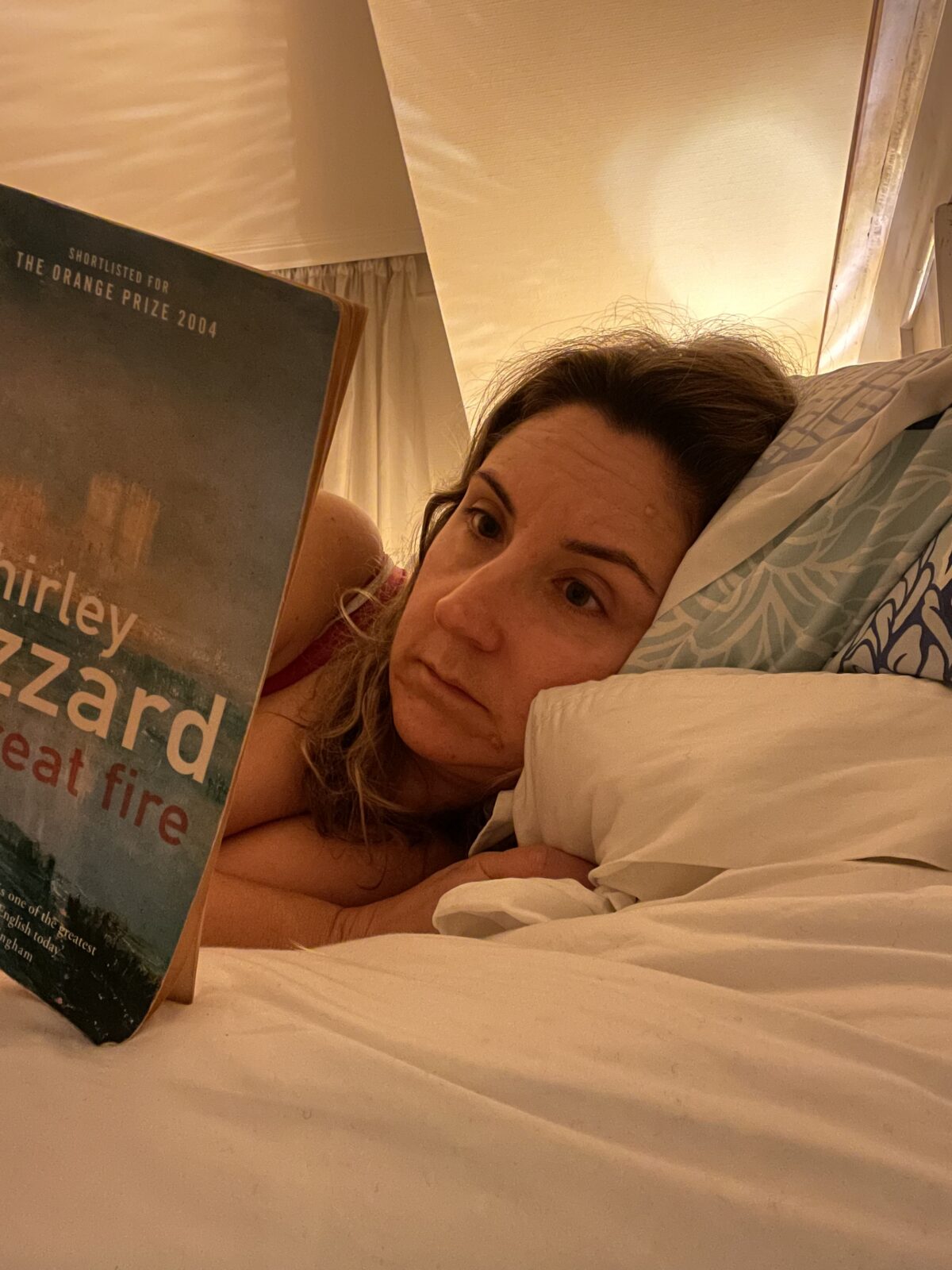Here is a book in which someone is very, very angry about their Scottish childhood. It opens with the tombstone of a teenage girl that reads:
Chewing gum, chewing gum sent me to my grave
My mother told me not to, but I disobeyed
This gives you a taster of the extremely bizarre world of this book. From page one, you get the feeling you are in the hands of someone who knows what they want to say, and is going to go ahead and say it. And indeed the introduction tells me that this was the author’s first and only book, written in her fifties, and when it arrived at her agent:
It needed no editing. It was simply there in all its dark and glittering glory.
It’s a story of a girl growing up, and is almost painful to read, reminding you how incredibly difficult it is to grow up. Some of it is just a bit LOL, as when her breasts start to arrive, and her mother tells her that “a bosom is a beautiful and natural thing.” Her parents then “went away on a spring holiday, leaving Janet a small book to read. It was an account of more of the beautiful and natural things which lay in store for her. Janet was appalled.”
But much of it is just much harder and sadder. Her mother does not much like her, she is not very popular at school, and the amount of non-consensual groping that apparently went on in the first half of the twentieth century is honestly astounding. She is later badly affected by Hiroshima (you can see she is not the most ordinary little girl):
She could no longer have faith in God or man. She transferred any religious impulse which might yet linger within her to the Greek gods who did not even pretend to care especially for humanity or to value its efforts and aspirations, being far too busy with their own competing plots, feuds and passions.
I found this interesting. Indeed, life being so unfair and random, you can see where the idea of the Greek gods does kind of make more sense than the Christian god. It is interesting Western culture has gone for the latter.



